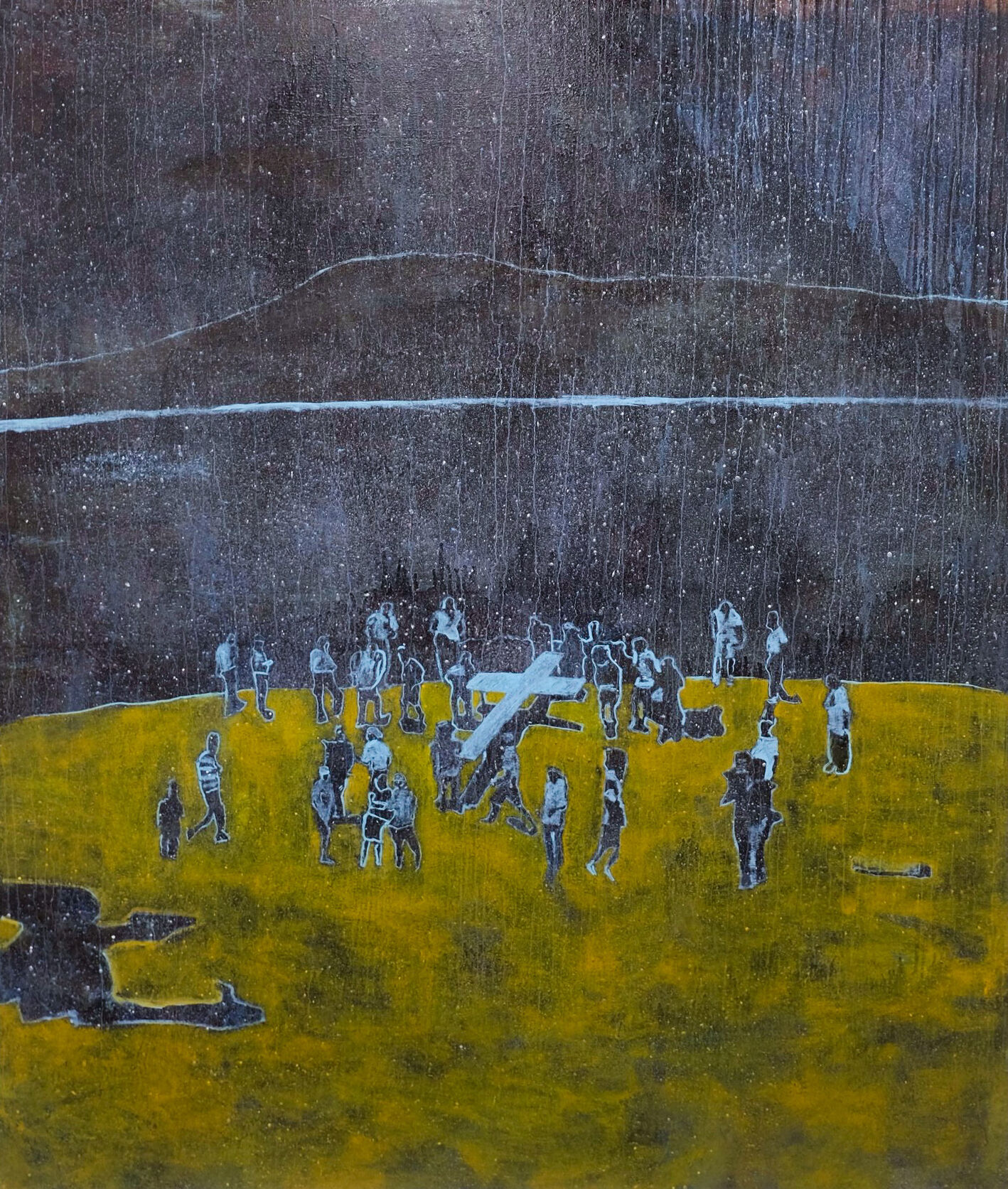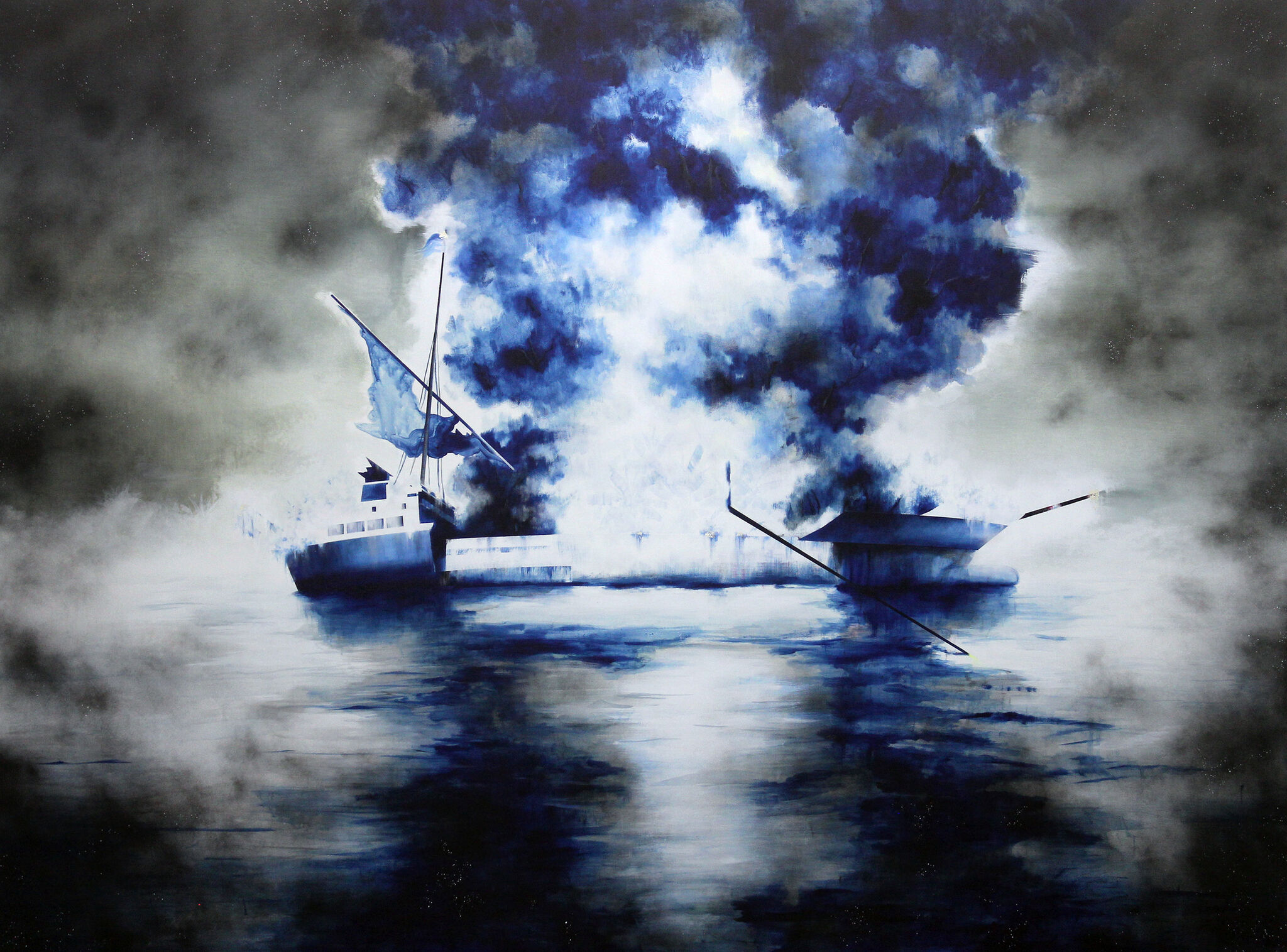Unincorporated Histories: Puerto Rican Art Then and Now
Tuesdays in February
2023
Become a member today!
Join now to enjoy early access to exhibitions and events, unlimited free admission, guest privileges, and more.
Join nowThis program will be recorded and made available on the Whitney's YouTube channel.
This event will have live closed captioning. If you need captions in a separate browser window, please email accessfeedback@whitney.org for StreamText link.
Descubra más sobre servicios de accesibilidad y programas accesibles
Learn more about access services and programs.
Online, via Zoom
Tuesday, February 7, 3 pm
Tuesday, February 14, 3 pm
This two-part course explores the art historical context for works on view in no existe un mundo poshuracán: Puerto Rican Art in the Wake of Hurricane Maria. From Armig Santos’s processional paintings to Garvin Sierra Vega’s viral protest posters and Gabriela Salazar’s blocks of reclaimed coffee grounds, the lectures consider how works included in the exhibition offer fresh approaches to themes of environment and landscape, performance and formalism, in Puerto Rican art. The course touches on major figures of Puerto Rican art history from the nineteenth century to the present, illustrating how the artists included in no existe un mundo poshuracán provide us with the tools to reactivate genre and landscape paintings by Francisco Oller, posters by master printmaker Lorenzo Homar, community-building models emerging from the Nuyorican Poets Café, and more.
As an “unincorporated territory” of the United States, Puerto Rico both exists within and is purposefully excluded from the empire that claims to possess it. Similarly, Puerto Rican art and art history are often marginalized in favor of European, American, and Latin American narratives, occupying a nebulous position between the three. This course aims to demonstrate how this limbo has not stymied artists but instead pushed them to develop new and influential ways of asserting their power, representing their experience, and imagining liberatory futures.
Angela H. Brown (she/they) is a Ph.D. candidate in the Department of Art and Archaeology at Princeton University, with research interests in textiles, archival practices, and art pedagogies, especially in the Caribbean and Latin America. Brown holds a B.A. from Vassar College and has worked as a writer and editor for art galleries, magazines, and independent publishers in New York. She continues to work with contemporary artists on research and text-based projects and is a Joan Tisch Teaching Fellow at the Whitney Museum of American Art.
This event is presented in both English and Spanish, and simultaneous interpretation by Babilla Collective is available in both languages. Each session includes time for questions from attendees.


